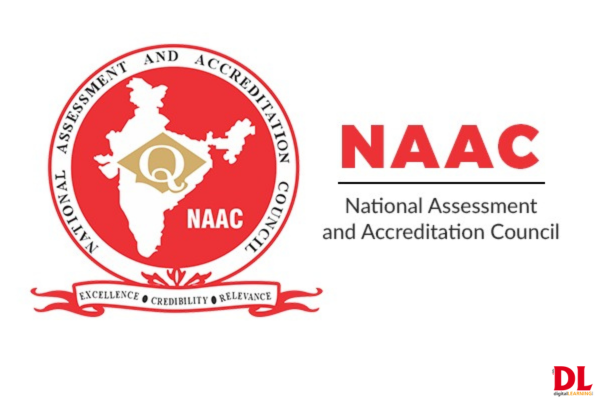
National Assessment and Accreditation Council (NAAC) Chairman Prof. Anil Sahasrabudhe stated that approximately thirty percent of universities and colleges nationwide remain unaccredited, in violation of the National Education Policy (NEP) 2020.
He was speaking to academicians at Lucknow University’s National Summit of Institutional Leaders (NSIL).
Sahasrabudhe said, “The latest binary accreditation system where institutions will be categorised as either ‘accredited or not accredited’ will encourage institutions to come forward and participate in the process aimed at quality development.”
By pursuing the second level of grading, or maturity-based grading accreditation with five distinct levels (from level 1 to level 5), authorized education centers can raise the bar.
“In the new process which is outcome and impact based and not input centric like the old one, we have considered the heterogeneity of higher educational institutes (HEIs) in the country, and will categorize them based on their orientation/vision and heritage/ legacy, and seek information that are appropriate for their category rather than a one-size-fits-all model,” Sahasrabudhe said.
For instance, institutes offering STEM education will focus on research and patents whereas the architectural institutions will be judged on their product-based projects. An institute offering hotel management will have parameters like services offered by them, he said.
Reiterating that the old grading and accreditation system was ‘faulty’ and hence abolished, Sahasrabudhe added, “We noted inexplicable jumps in the grades and inflated data fed by the institutes. For the new one, we are in the process of redesigning the parameters. There will be special focus on rural and remote located institutions through mentoring and handholding.”
Speaking about the continuous digital revolution, he mentioned that about 3.5 lakh of the 6.5 lakh villages currently have fiber optic access, opening up possibilities for enhanced online and open learning in rural areas.
“This will be cost effective and will empower students to pick up courses they are interested in right from home,” he said.
The Automated Permanent Academic Account Registry (APAAR), a unique student identity card, is a must for HEI heads, according to Sahasrabudhe. “Making it mandatory gives a scope of reactions like the one we witnessed on adoption of NEP by several states,” Sahasrabudhe added. Education leaders need to discuss the benefits of APAAR for students, schools, and government agencies. Students in these states will look forward to NEP when they discover that it streamlines their method of monitoring academic achievement.”



















